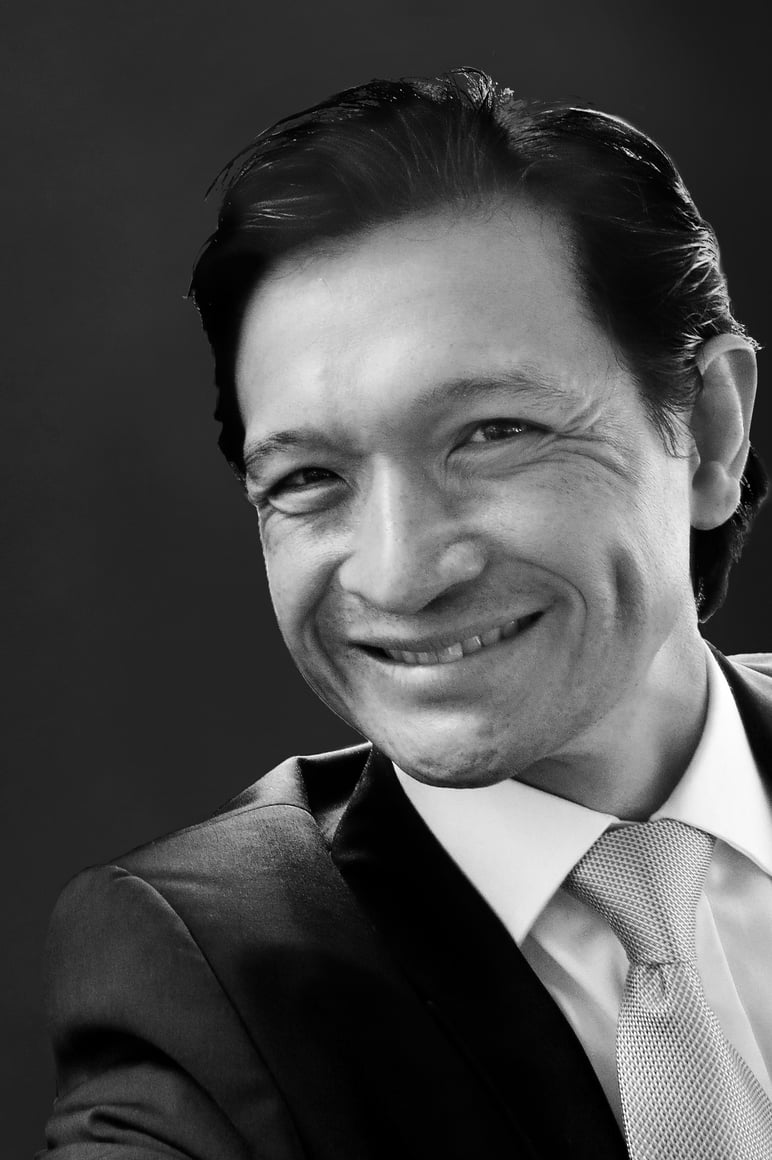
Home is where the glowing heart is: Why you feel more Canadian when you live in Hong Kong
For thousands of young returnees, Canadian identity and jobs are easier to find in the SAR
Is it possible to feel perfectly Canadian while living and working in Hong Kong? Indeed, is it possible to feel even more Canadian in Hong Kong, than back “home” in Vancouver or Toronto?
The questions are raised by a recent study of the children of Hong Kong immigrants to Canada, who reversed the journeys undertaken by their parents and now live in the SAR.
Returnees (not a strictly accurate term in this case, since the study also included young people born in Canada) are often caricatured as “citizens of convenience” with no particular loyalty to Canada. But UBC social work professor Miu Chung Yan said in an interview that his study found this to be untrue; participants used “Canadian cultural values and practices to distinguish themselves from local Chinese”, and felt strongly Canadian.
As study participant “Tim” put it: “If Hong Kong versus Canada was in a certain sport match, I would definitely be cheering for Canada.”
Yan said in an interview: “When you are put in an alien situation you start trying to find yourself. Canadian culture becomes what they use to define themselves.”
Yan, who migrated from Hong Kong to Vancouver in 1993, used his personal experiences to describe the phenomenon: “When I come to Hong Kong, people see me as Canadian. But when I am in Canada, people see me as a Chinese…I’m not saying that in Canada they are not Canadian, but the problem is that they do not sense it. It’s only when they are away from Canada that they define it.”
Yan said most of the study’s 18 participants (10 from Vancouver, eight from Toronto) explained their presence in Hong Kong by citing a relative lack of opportunities in Canada. “It’s not that the economy in Canada is no good, it’s just that the nature of the economy is not what these young people want. Many want to go into international business, or something like that, and the Canadian economy cannot offer them something like this.”
Yan said the issue was not that authorities should inhibit the movement of young people seeking better opportunities, but that Canada should “be making better use of the human resources that we have”. “If we have this group of young people who are so educated and we have trained them so well, but we are not using them, that is something we have to consider. Is it an education system problem? Is our economy a problem?”
As for the current wave of mainland Chinese migration to Canada, Yan said his study’s findings were not perfectly applicable. But if parents retained the Chinese hukou household registration (residency) rights, their children “would be like the young people I studied in Hong Kong”.
“For mainland Chinese, I can put a bet on the table,” said Yan. “They are cancelling this [IIP], but I’ve heard they will put a more expensive [immigration scheme] in its place. So what will happen … [if it attracts just] rich people who just want to use their money to buy their identity and put some time here? At the end of the day, all the young, all the second generation, will move back to China to take up their business, by default.”
The Hongcouver blog is devoted to the hybrid culture of its namesake cities: Hong Kong and Vancouver. All story ideas and comments are welcome. Connect with me by email [email protected] or on Twitter, @ianjamesyoung70

